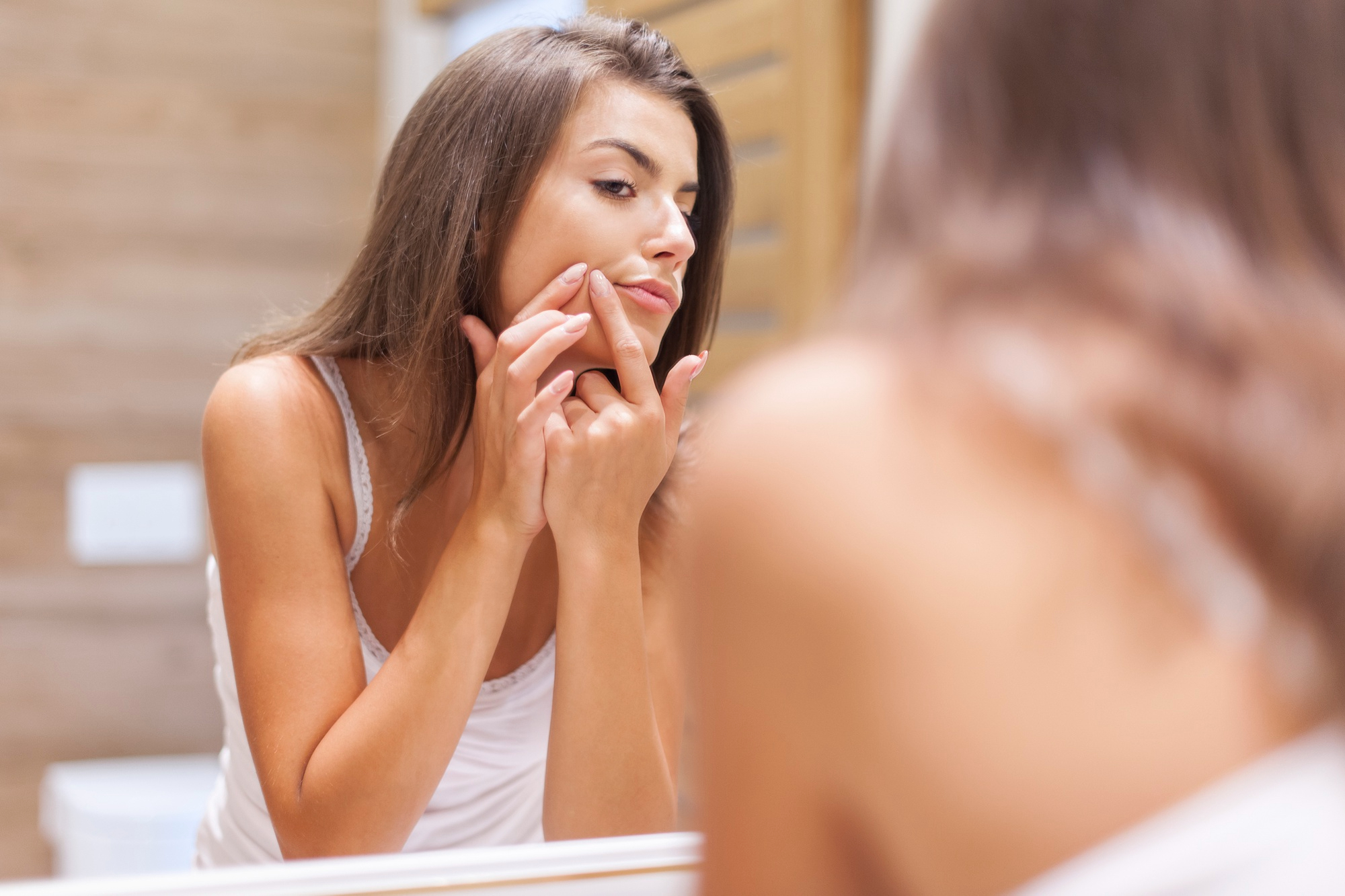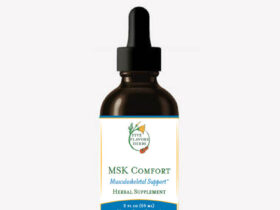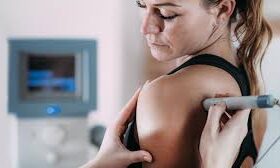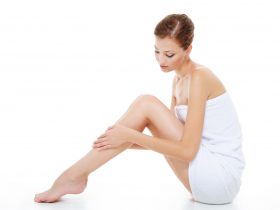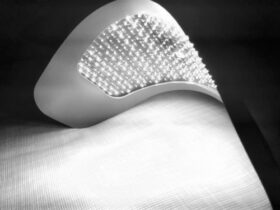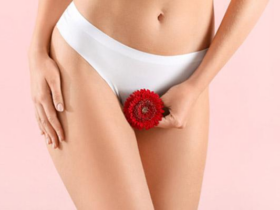Are you always having that itchy feeling on your face due to the presence of those pimples? Are you tired of going to the salon always just to get rid of all of them but to no avail? Even some remedies you tried didn’t work, did they? If your answers to the above questions are yes, it’s time for you to use the right skincare routine for acne-prone skin. These routines are dermatologist-tested and recommended, so there isn’t any need to harbor any inch of doubt in your mind.
Note that a good skincare routine is needed when your skin is prone to breakouts. Daily cleansing, moisturizing, and other activities help your skin in;
- Getting rid of excess oil.
- Clearing the pores off impurities.
- Healing blemishes easily and quickly.
Today, the market is saturated with different products and confusing information. This, therefore, make the creation of a skincare routine for acne look a bit more confusing. But mind you, your daily skincare routine for acne mustn’t be complex or filled with expensive products to be effective. You probably have almost everything you need already; what isn’t available can be gotten from the local store. By dedicating just a few minutes twice a day, you’re definitely gonna get rid of acne in no time.
Before we get to know the daily routines you should follow, let’s know what acne is and what causes it.
WHAT IS ACNE?
Also known as acne vulgaris, acne is a common skin issue that results in breakouts, inflammation, scars, and even pigmentation when untreated. Research shows that more than 50% of people globally suffer from acne, and factors exist responsible for triggering and worsening the condition.
Acne breakouts are all attributed to excess sebum production. The hair follicles in our skin are rich in sebaceous glands responsible for producing natural oil known as sebum. Hormonal fluctuations and other factors tend to affect the level of this sebum production, normally leading to an increase long with dirt and crud that clog the pores. When the pores get clogged, it becomes a suitable habitat for bacteria to grow and reproduce. Therefore, this pore growth causes an inflammation that results in a pimple or acne that always contains pus.
WHAT ARE THE BEST DAILY SKINCARE ROUTINE FOR AN ACNE-PRONE SKIN?
The basic skincare routine for acne-prone skin involves following proper cleansing, exfoliating, toning, and moisturizing routines that suit your skin type. Below are 5 dermatologist-tested skincare routines for an acne-prone skin type
Daily skin Cleansing
Brighten your mornings each day by simply washing your face with a cleanser containing essential acne-combating ingredients like salicylic acid or benzoyl peroxide. Research carried out by Dr Dhaval Bhanusali, a board-certified dermatologist, shows that salicylic acid is a great keratolytic known for clearing off dead skin cells from the skin’s surface. It also clears off the dirt from clogged pores.
Also, always remember to use the right cleanser which fits your skin type, and consider if you’re on acne medication. If you’re using a prescription acne medication, consider using;
· A non-medicated cleanser
When you’re on prescription acne medication, your skin will need a non-medicated cleanser to avoid some reactions on the skin. Cleansers like Cetaphil, Unscented Dove, or even the Amber Neutrogena bar would get the job done.
Use a Toner
After you’ve cleansed the skin, follow it up with a toner. Using a toner for acne-prone skin helps eliminate any pore-clogging dirt that you couldn’t cleanse during the cleansing phase. Amazingly, the toner cleanses the skin and balances the skin’s pH levels, keeping it hydrated and reducing excess skin shine.
NOTE; to apply toner on your face, first apply it to a cotton ball and smooth it gently over your face and slightly around your neck. This will help eliminate any makeup cleanser residue and oil that wasn’t cleared off at the cleansing stage.
Use Acne Medications
When the toner applied at step 2 is dried or after you’ve cleaned and dried the face (Since applying a toner is optional), gently apply your acne treatment creams as directed by your dermatologist. Whatever prescription or over the counter (OTC) gels or cream you’re using, ensure it absorbs completely before you try applying a moisturizer.
Use an Oil-free Moisturizer
Though your acne-prone skin is the oily type, that doesn’t mean you should skip applying a moisturizer to it. Most acne medications tend to dry out the skin, leaving it hungry for moisture. You’re then advised to apply a light moisturizer twice a day but opt for an oil-free and non-comedogenic option like the Kiehl’s Ultra Facial Oil-free Moisturizer. This moisturizer helps keep the skin’s oil production in check while strengthening the skin. To get a perfect choice, you may have to try various brands but always go for the ones labelled oil-free and non-comedogenic.
Always Wear Sunscreens
All the steps listed above won’t be effective without wearing sunscreen. Using most acne-treatment medications and exfoliators leaves the skin vulnerable to sun damage. So, keeping the face always protected from the sun is essential for combating acne. Wearing sunscreen doesn’t just protect the skin against skin damage, but it also helps reduces the risk of developing certain skin cancers like melanoma. Most moisturizers have SPF, providing adequate sun protection as you moisturize. When you obtain one without an SPF, you’ll need to buy a separate sunscreen product.
Note; for good results, you’re advised to wear sunscreens daily, even when you’re not going out. This is because light rays from screens can damage the skin while indoors. Opt for a sunscreen made for the face as they tend to be less oily and lack sunscreen aroma when compared to an all-over sunscreen.
WHAT NIGHTTIME SKINCARE ROUTINE CAN I USE?
To prevent blackouts, following a night skincare routine is also essential. Unlike a daily skincare routine, a night skincare routine doesn’t need a toner or any heavy creams on the face. Dermatologists advise you to follow these basic steps;
- Get rid of all makeup with the use of non-comedogenic wipes
- Cleanse your face with a gentle and non-comedogenic face wash
- Moisturize your face with a suitable moisturizer for your skin type. Gently apply any dermatologist-recommended anti-acne gel or cream
FINAL WORDS
A good skincare regime for preventing or combating ace includes using a cleanser, a toner (Optional), acne medications, a moisturizer and sunscreen for sun protection. Mind you that if you’re already using a prescription acne medication, use gentle cleansers instead. If all regimes stated don’t get the job done for you, then it’s time you consult a certified dermatologist to help you with the condition.


